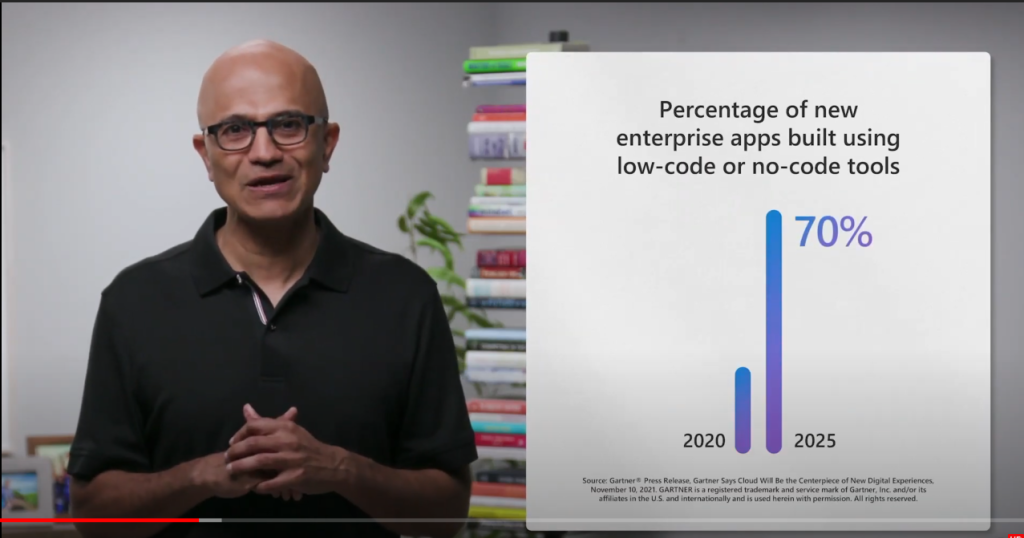Development-as-a-Service
Irwin Williams
- Asking for an AI-Assistant back in 2018.
It’s early days yet, but the sooner we face the music, the more ready we’ll be to adapt.
I was listening to “Precious Things” from a recent Lupe Fiasco album. In it, he personified his hands and sang about the conflict he, the artist was engaged in with his instruments of expression - his hands. The song ends like this “The problem is you don’t use us to write the raps anymore”.
That song could refer to all kinds of creative work, from writing, to dance and even sports. And I found it slotted in well as I thought about how it feels to work with GitHub’s Copilot. “Work with” is a funny expression. Prior to Copilot, I spent years using Visual Studio’s Intellisense and then more recently, Intellicode. But I never deliberately thought of it as “working with” either of them. They were just features. Brilliant, yes. Useful, yes. But only that. With Copilot, it’s a strong expression of a true virtual assistant for writing code.
I write a comment, perhaps in a language that I’m unfamiliar with, and Copilot sticks in an appropriate expression in code. Sometimes, it’s not the best insertion, or in fact, downright, incorrect. But often, it’s good enough. It’s only been one year since its release, but the talk around town is that developers get a lot of value from it, and to be honest, it’s here to stay.
But what does here to stay mean? We could see it as continuing in its role as a gentle suggester of a good idea. I mean, Intellisense sort of stayed the same way for a long, long time (to me). But if I use another example of AI-driven development, I expect Copilot to grow up, and fast. At Microsoft Build 2021, Power Apps Ideas showed how natural language can be used to develop Power Fx formulas in an instant. One year later, at Build again, a new feature showed using a sketch to create an app. That TechCrunch article hastens to point out that the developer still has some work to do, but I’m looking at where are now and extrapolating just a few years down the road.
Satya Nadella at Microsoft Inspire, “By 2025, 70% of enterprise apps will be created using low/no -code tools”
These AI-driven tools will most likely be resident in the cloud. That’s where Development-As-A-Service (Daas) will live. Today, I can from my browser, fire up an entire development environment using GitHub’s Codespaces. Prior to that, I frequently did it with Glitch, too. But that was a space to go write code. DaaS will take this much further. I see a future where we will say to an agent, here’s the solution I want, and it will propose not just lines of code or even as is the case today, entire methods. AI-driven agents will propose entire working solutions.
What will our hands do when they realize we no longer need them to write code anymore?

